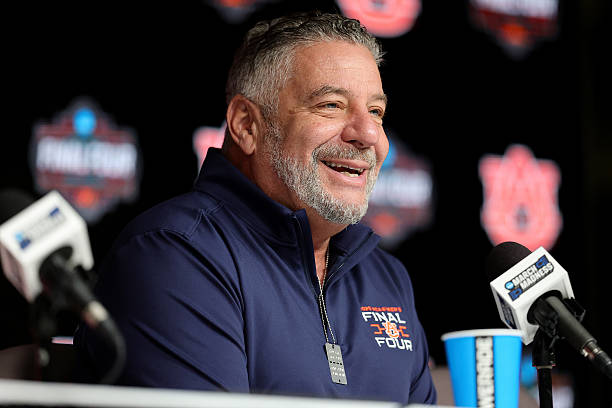In a move that signals both urgency and uncertainty, Auburn has turned to the junior college (JUCO) ranks in hopes of breathing new life into a basketball program that has seen better days. The Tigers have announced the addition of two JUCO standouts—both of whom are expected to make an immediate impact—as the team scrambles to reconstruct a roster and identity after a string of disappointing seasons.
With the dust barely settled on a tumultuous year, Auburn head coach Bruce Pearl is facing mounting pressure from fans, boosters, and administration to deliver results. Once a formidable force in the SEC, Auburn basketball has lately become more synonymous with inconsistency and unmet expectations than success. Injuries, transfers, and recruiting misfires have left gaping holes in the roster and an urgent need for change.
Enter the JUCO recruits: 6-foot-6 forward Malik Jefferson from Gulf Coast State and lightning-quick point guard Trey Harris from Western Nebraska Community College. Both players bring a level of toughness, hunger, and maturity that Pearl believes is critical to the program’s survival and eventual resurgence.
“These guys aren’t just fillers,” Pearl said in a tense press conference on Wednesday. “They’ve been through battles at the JUCO level, and they’re coming here to compete—not just participate.”
Jefferson, known for his relentless rebounding and physical play in the paint, averaged 14 points and 10 rebounds last season. Harris, a crafty playmaker with a chip on his shoulder, posted 18 points and 7 assists per game while leading his team to a regional title. Their skill sets, combined with a hunger to prove themselves on the D1 stage, offer a glimmer of hope for a team desperately searching for stability and leadership.
However, JUCO transfers are always a gamble. While their experience often means a shorter learning curve, the transition to the pace and pressure of high-level college basketball is not always smooth. Auburn’s fanbase remains cautiously optimistic—but not without anxiety. Some view these additions as a calculated risk; others see them as a last-ditch effort to stop the bleeding.
The Tigers have a long road ahead, but the addition of Jefferson and Harris signals one thing for certain: the program is not ready to surrender to irrelevance. Whether these moves will spark a genuine turnaround or simply delay the inevitable remains to be seen. But one thing is clear—Auburn is in rebuild mode, and the clock is ticking.
